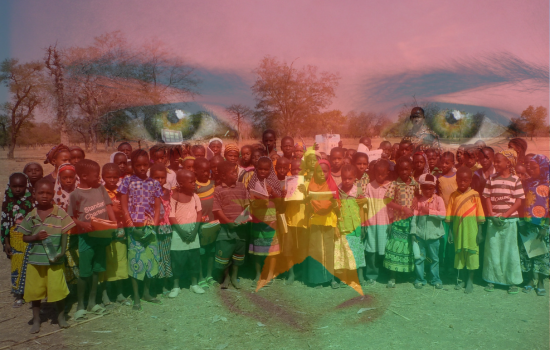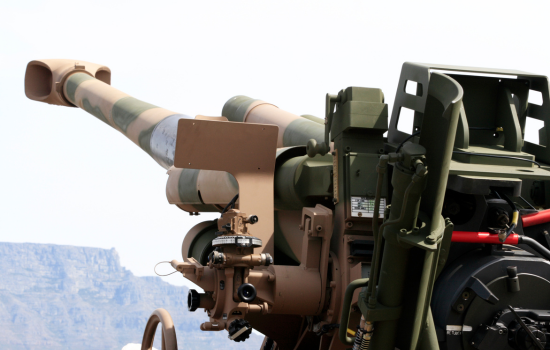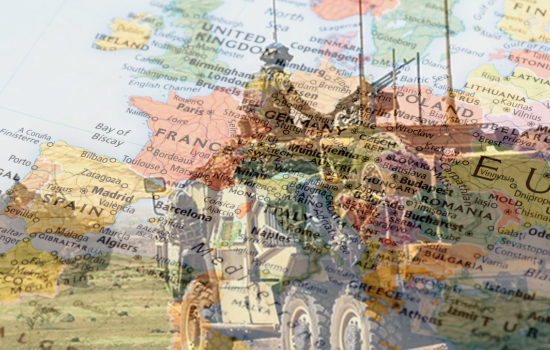The Threat of Jewish Terrorism in Israel
According to a number of recent reports in the Israeli Media, the Israeli security forces have been increasingly troubled by an upsurge in hostile actions on the part of Jewish settlers. There are reports of acts against the Palestinian population, possible attempts to target high-ranking Israeli officials and the potential inception of a new Jewish underground.
The al-Aqsa Mosque
Potential Jewish terrorist groups are exceedingly dangerous not only because of the loss of lives or the injuries they may cause. Potential Jewish Israeli terrorism, as a reaction to Palestinian terrorism, is an issue of strategic national importance when it comes to operations against high-ranking officials such as the Prime Minister or any other member of the government, and even more so when it comes to the Temple Mount.
Jerusalem in general and the Aqsa Mosque in particular have since 1967 achieved an increasing importance in the eyes of most of the Arab Muslim world, both for governments and for peoples. The radical Islamic revival in the Arab world has succeeded in establishing Jerusalem and the Mosque as the major point of contention between Israel and the Arabs. This takes place on the background of a certain easing of political and nationalist tensions subsequent to the peace agreements with Egypt and Jordan, and the reconciliation process between Israel and the Palestinians following the Oslo Accord.
Moreover, since 1967 the Arab world has come to realize that the Palestinian issue as a national dispute is no longer grounds for a war with Israel. However, Jerusalem as a Muslim holy place remains an issue that could conceivably deteriorate into open conflict, quite apart from the existing danger of indiscriminate terrorism from Arab Islamist groups against Israeli targets in Israel and abroad. The radical Arab and Palestinian Islamic groups have made the issue of Jerusalem the foundation of their most successful tactic in unifying the Muslim world against Israel and against the Jews as a people. They have accomplished this by elevating the Temple Mount to a position of holiness exceeding even that of the holy places in Mecca and Medinah, at least as a socio-political element of Jihad in modern Islam. The sanctity of the Temple Mount has become a crucial element of their political message.
This increase in the sanctity of the of al-Aqsa to Muslims takes place on the background of the growing importance of Jerusalem and the Temple Mount to the Israelis in general and to Jewish religious-political groups in particular, particularly since 1967. The issue of Jerusalem has become crucial to both sides, not only as a point of political dispute, but even more as the focus of religious-Messianic contention.
Any attempt therefore, to carry out a terrorist operation in the area of the Aqsa Mosque could be interpreted in the Arab world as part of the Muslim-Jewish global war.
The threat of assassinations
Another strategic peril of Jewish terrorism is in the threat of the assassination of Israeli political figures. The assassination of Prime Minister Rabin was accompanied by a change of governments and the rise of a government that regards the Oslo Accord as an obstacle for the security of Israel. The gradual retardation of the negotiations up to their cessation, was a strategic process. The assassination, although it was condemned by the vast majority of the Israeli public, has to some degree fulfilled the expectations of the terrorist who carried it out, and of those in Israeli society who agreed with the murderer, and supported his motives and the results of his act.
The socio-political polarization in Israeli society has become in recent years a hot bed of potential violence on various grounds. There has been a slow but permanent process of alienation of a large part of the Israeli society from the settlers across the Green Line (the 1967 cease-fire line). Recent Palestinian acts of terrorism, including the killing of two settlers in Itzhar and Rabbi Ra`nan in Hebron, were viewed by part of Israeli society in a different light than the killing of Israeli soldiers in Southern Lebanon or of civilians in Israeli towns. Extremist utterances on the part of some circles among the Jewish settlers in the Territories are viewed with increasing reservation by many Israelis. This phenomenon, which is not hidden from the Palestinians, has put some circles with extremely right-wing religio-political aspirations under pressure. This pressure could lead to desperate terrorist operations against Jewish Israeli targets, even against the government, or to the attempt to incite the Palestinians to large-scale terrorism which would stop the political process.
A serious wave of Jewish terrorism by either groups or individuals could also come from certain religious right-wing extremist circles inside Israel as well as in the Territories. Although many of the activists in the Jewish settlements would conceivably commit subversive or political violence in violation of the law, most would not perpetrate direct terrorism against Palestinians or Israelis. However, there are Israeli groups or individuals, which because they are not currently active are thus unknown and not under surveillance by the authorities, may be a greater risk for the emergence of terrorism.
When emotion meets politics
One of the main symptoms of the potential danger of Jewish terrorism, and one that was palpable in 1995 prior to the assassination of Rabin, was the upsurge of political agitation and verbal violence between various groups in Israeli society – Jews and Arabs, religious and seculars, members of different parties or people from different sects. The increase in criminal activity among both Jews and Arabs, as well as the large quantity of arms in the hands of many citizens, dose not bode well in a society which lives with constant tension. The reconciliation process with the Palestinians, originally meant to solve the conflict rationally, has brought about the strengthening of religious extremism on both sides, and increased the emotional side of the rivalry, not only between the Israelis and the Palestinians, but between different sectors of Israeli society, as well.
The emotional aspects of the dispute provide the best possible soil for the growth of the fundamentalist terrorism. The process of growing religio-political extremism on both sides has increased the perception of an irresolvable rivalry. But, in contrast to the Islamist groups in Palestinian society which have so far refrained from violent cwith the political elements of the Palestinian Authority, the assassination of Rabin has shown that some of the Jewish religious extremists in Israeli society do not operate under such constraint.
Criminal and fringe elements
Another element of possible Jewish terrorism in Israel is the fact that part, although very minor part, of the more extremist groups in the religious right-wing elements are criminal elements emerging from the margins of society. In several cases in the 1980s such elements were involved in violence and terrorism, the best known case being that of the “Lifta gang” in Jerusalem which planned among other things to blow up the Aqsa Mosque.
To sum up, it has been shown that in the past twenty years Jewish terrorism does exist in Israel against both Arabs and Jews. It has been composed of very homogenous groups and is very difficult to uncover by the security authorities. A Jewish underground or individual terrorists can put at risk the political stability in Israel. Moreover it can trigger–not only an increase in Palestinian nationalist and Islamist terrorism–but even open war with the Arab world. This is a real strategic threat to the delicate interrelations within Israeli society, and a danger to the process of reconciliation between Israel and the Arab world.






